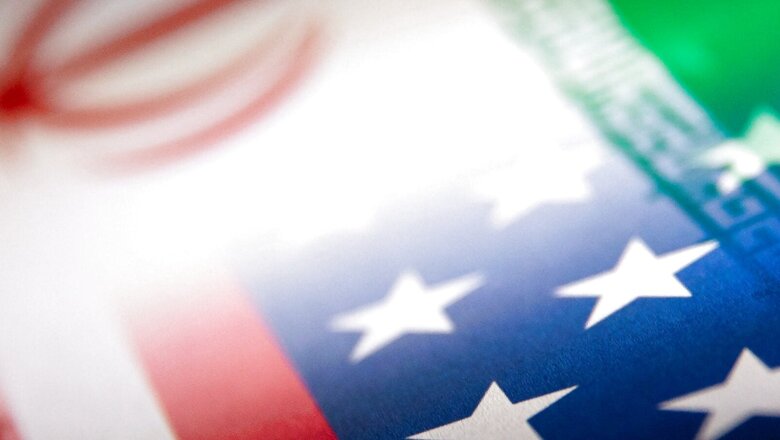
views
The United States waived sanctions on Iran’s civilian nuclear program citing that it was a precursor necessary to return to the 2015 nuclear agreement which the Trump administration ended, according to a report by news agency AFP.
Officials speaking to the news agency said that ahead of crucial talks of a new deal in Vienna this step was necessary to ensure Iran’s swift compliance. Under the new waiver, other countries and companies can participate in Iran’s civilian nuclear program and will not attract US sanctions in the process. The Western Asian nation’s civilian nuclear program includes increasing stockpiles of enriched uranium.
“Absent this sanctions waiver, detailed technical discussions with third parties regarding disposition of stockpiles and other activities of nonproliferation value cannot take place,” a US department of state official familiar with the developments told news agency AFP.
Former president Donald Trump withdrew from the 2015 Joint Comprehensive Plan of Action (JCPOA) in 2018. His withdrawal came at a time when talks were at an advanced stage. Though the Biden administration wanted to return to the agreement as soon as they took office, but concerns grew as it was reported that Iran moved increasingly closer to producing enough fissile material for a nuclear weapon in the meantime.
Iran, the United States, Britain, China, France, Germany and Russia are the main stakeholders in the Vienna talks.
The US clarified later that it was not a full sanctions waiver. US state department spokesperson Ned Price said that the move was not part of a quid pro quo since partners of the JCPOA await key response from Iran on several issues.
“We did NOT provide sanctions relief for Iran and WILL NOT until/unless Tehran returns to its commitments under the JCPOA. We did precisely what the last Administration did: permit our international partners to address growing nuclear nonproliferation and safety risks in Iran,” Ned Price tweeted on Friday.
Read all the Latest News here


















Comments
0 comment